The future of mobile communications will be something that comes completely out of left field.
There’s little doubt that Apple’s first iPhone helped usher in the smartphone era, although its introduction was met with doubts regarding its success.
After all, at that point in time, Apple’s main success was with its iPods and Mac computers, so for a company with little to no experience making phones, any person in their right mind would be skeptical. I know I was. But yet, Apple proved the naysayers wrong.
So, what will be the future of mobile communications? It’s a bit hard to say, but what I believe is that it could be something completely unexpected but yet would work so well it would be hard to imagine life without it.
What we think the future looks like

Some seem to believe that smart glasses could be a potential replacement for the smartphone. A device that you could wear on your face and wouldn’t require you to continuously reach for your phone whenever an email or message comes in, or when you need to pick up a call or join a virtual meeting.
You would be able to browse the web, watch videos, and play games with a greater degree of privacy than ever. Map applications would become infinitely more useful with directions overlaid right in front of your eyes instead of you having to make educated guesses based on 2D diagrams.
Also, there’s also the ability to take photos and videos of subjects in front of you, in a much more convenient and discreet manner.
It all makes such perfect sense and in many ways, it’s a great idea and it’s almost logical that such devices could be a potential replacement for our smartphones.
Whether or not this will be the replacement to the smartphone is anyone’s guess, but it is clear that many companies like Apple, Meta, Samsung, Qualcomm, and Google are interested in the tech.
Great ideas don’t make great products

Many companies have tried to come up with products and features that were built on great ideas, but time and time again, many of those great ideas have fallen flat on their faces.
Take for example back in the day when companies like LG and HTC thought the future of smartphones would consist of glasses-free 3D displays. Look how well that turned out. It’s not a bad idea on paper, but it was a feature that not everyone saw a need for. Why would the average user care if their text messages on their phones looked like it was jumping out of their phone?
Then Apple tried their hand at pressure-sensitive displays, which the company ultimately conceded as a failure and was subsequently removed from future iPhones. Once again, it was a great idea on paper. A phone whose display was pressure-sensitive and where apps could perform different functions based on how hard the display was pressed sounded like a good idea.
The problem was the execution. Not all apps necessarily supported the feature, and even those that did, there was no obvious way of letting users know about these hidden features which meant that developers just wasted time and money in creating features that no one knew about.
Let’s not forget about Google’s attempt at creating a pair of smart glasses. As we mentioned above, there is a lot of potential surrounding these types of smart glasses, but even in its limited testing, the public’s negative reaction to the idea that they could be potentially recorded without their knowledge or permission resulted in the tech barely being able to crawl, let alone walk.
What we want versus what we need
![]()
The problem with wishlists is that sometimes what we want doesn’t necessarily turn out the way we imagined it.
We might wish for a smartphone to come with long-lasting battery life, but that might come in the form of physically larger batteries which results in a phone being thicker and heavier, and in response our next wish might be a phone that’s thinner and lighter.
Many of us were initially skeptical of the idea of the first Samsung Galaxy Note. Who needed a phone that big, right? But as we warmed up to the idea, we started drawing comparisons and making fun of phones that continued to sport smaller displays. These days, large displays are the norm, but now the complaint is that our phones are too large and have become unwieldy.
Apple tried to “remedy” this by introducing the iPhone 12 mini and iPhone 13 mini, but the fact that they were dropped after just two generations speaks volumes to their demand. Wasn’t this what we wanted?
The same can also be said about what we think could be the next standard in mobile technology – smart glasses. We mentioned the many advantages above, but since these devices have yet to enter the mainstream, it’s hard to say if these features are actually something we are willing to live with on a day-to-day basis.
How many of you would be willing to put on a pair of smart glasses just to surf the web or make a call or send a message, especially if you’re someone that never needed to wear glasses in the first place? What happens when you need to wear sunglasses? What if you don’t like the current design options that are available?
In conclusion – prepare to be surprised
Whenever new software or hardware features are announced, it’s understandable that you might be excited about it.
After all, if there is a potential that a new software or hardware feature could enhance your experience with a product or service or increase your productivity, it’s a good thing, right? But if you’ve ever noticed, more often than not, it’s the smaller and sometimes unexpected changes that end up being the one that has the greatest impact.
Perhaps when the next evolutionary phase of portable smart communication arrives, don’t be too surprised if it turns out differently than what you were expecting.



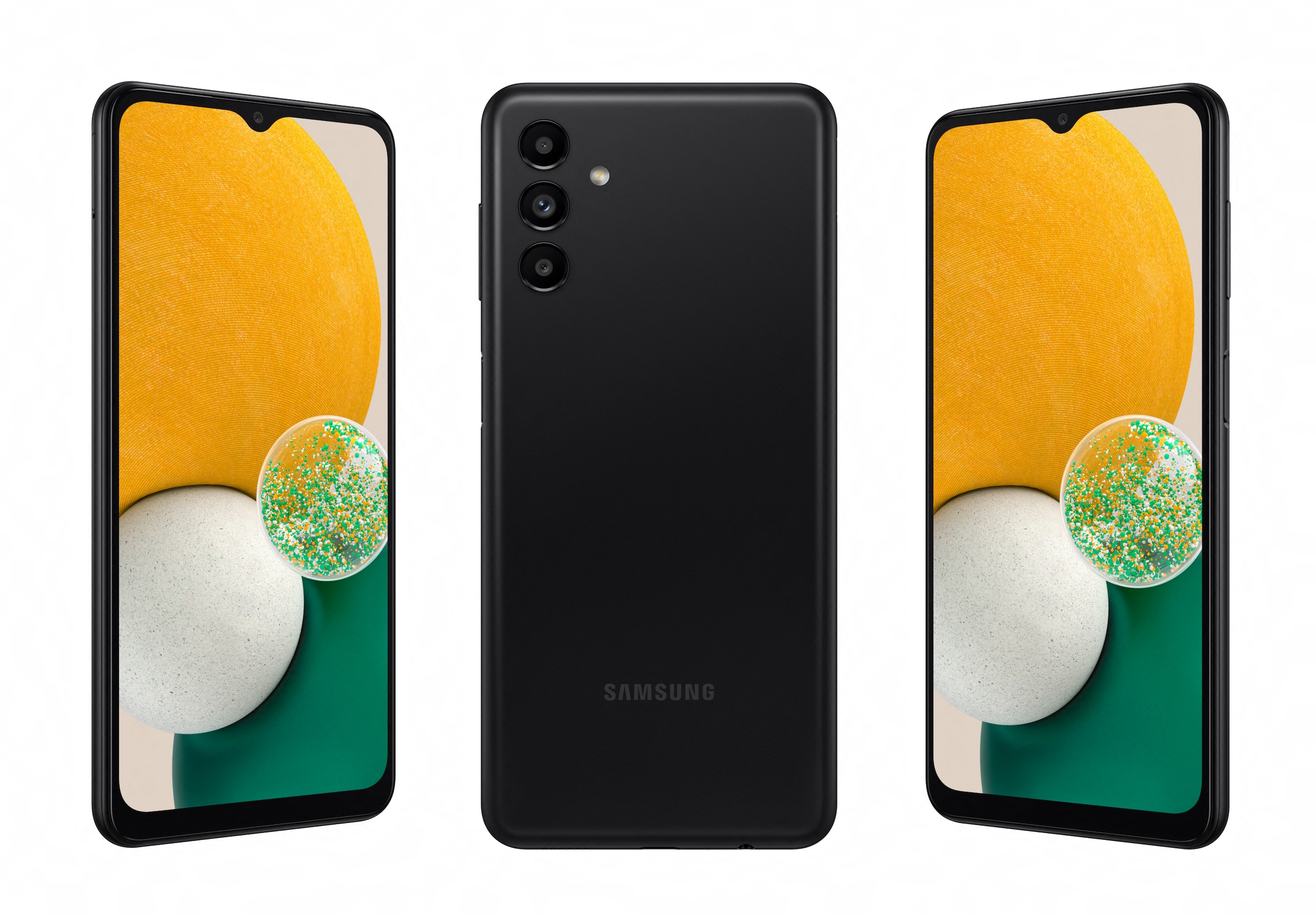
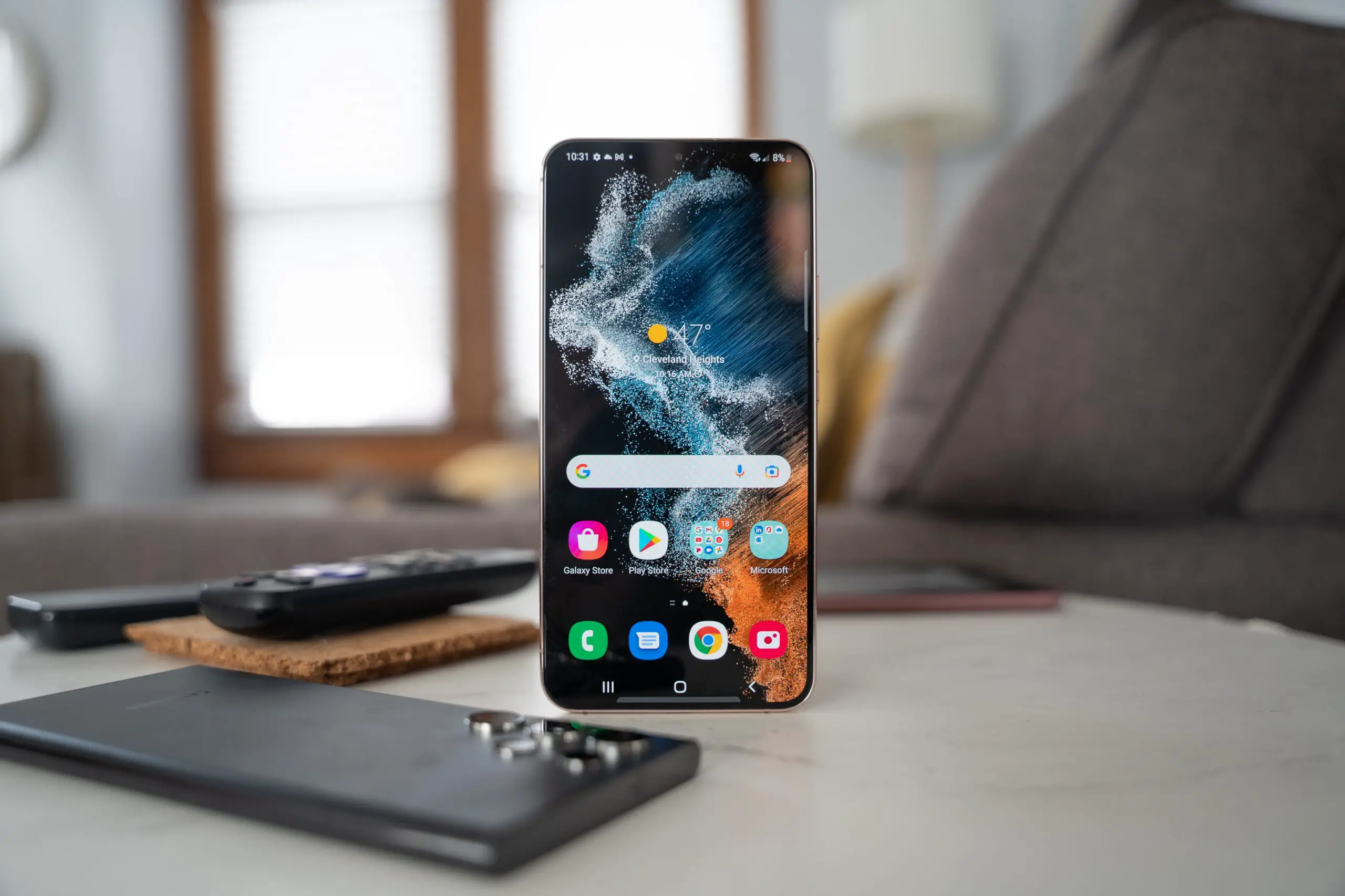
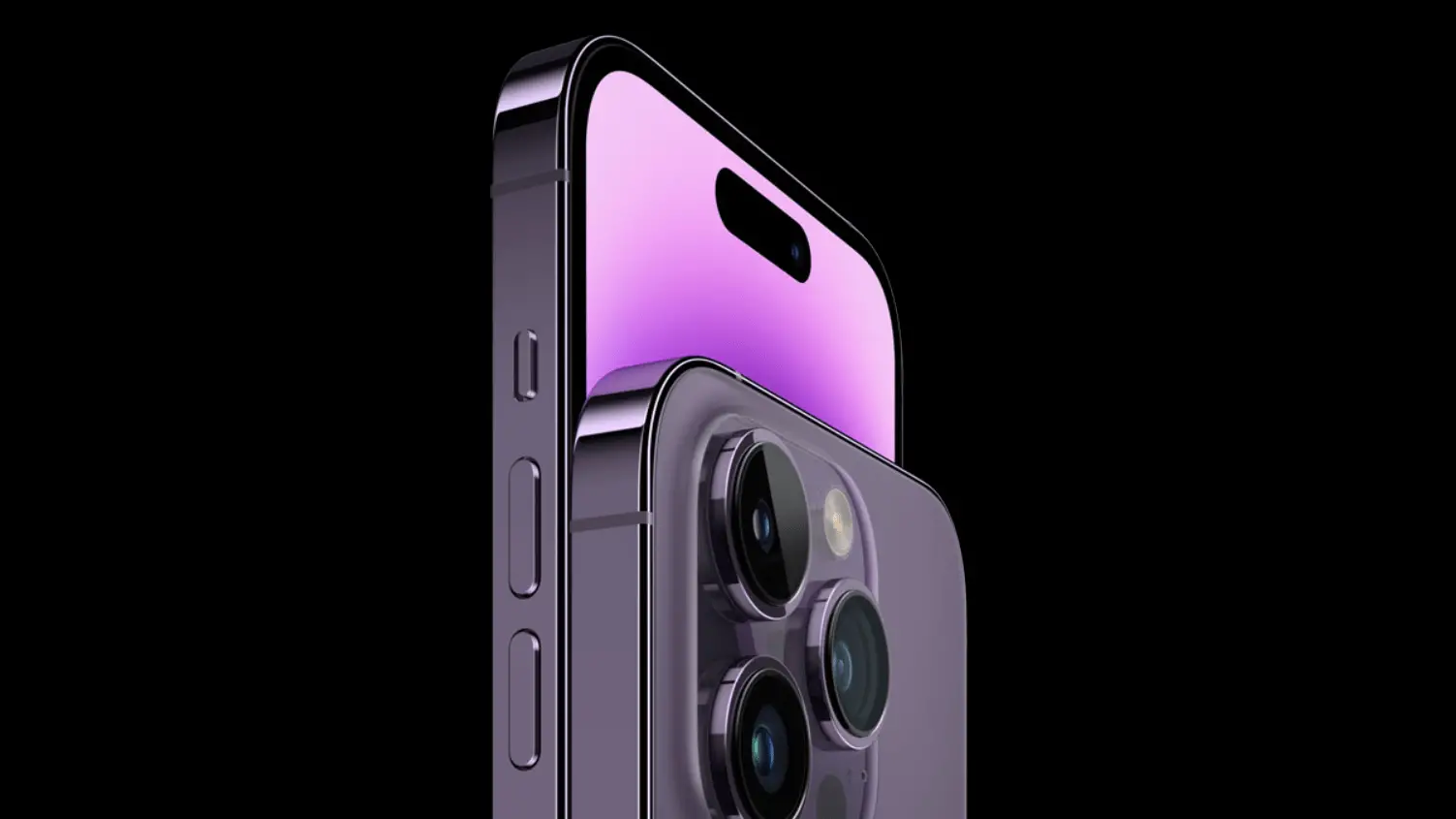
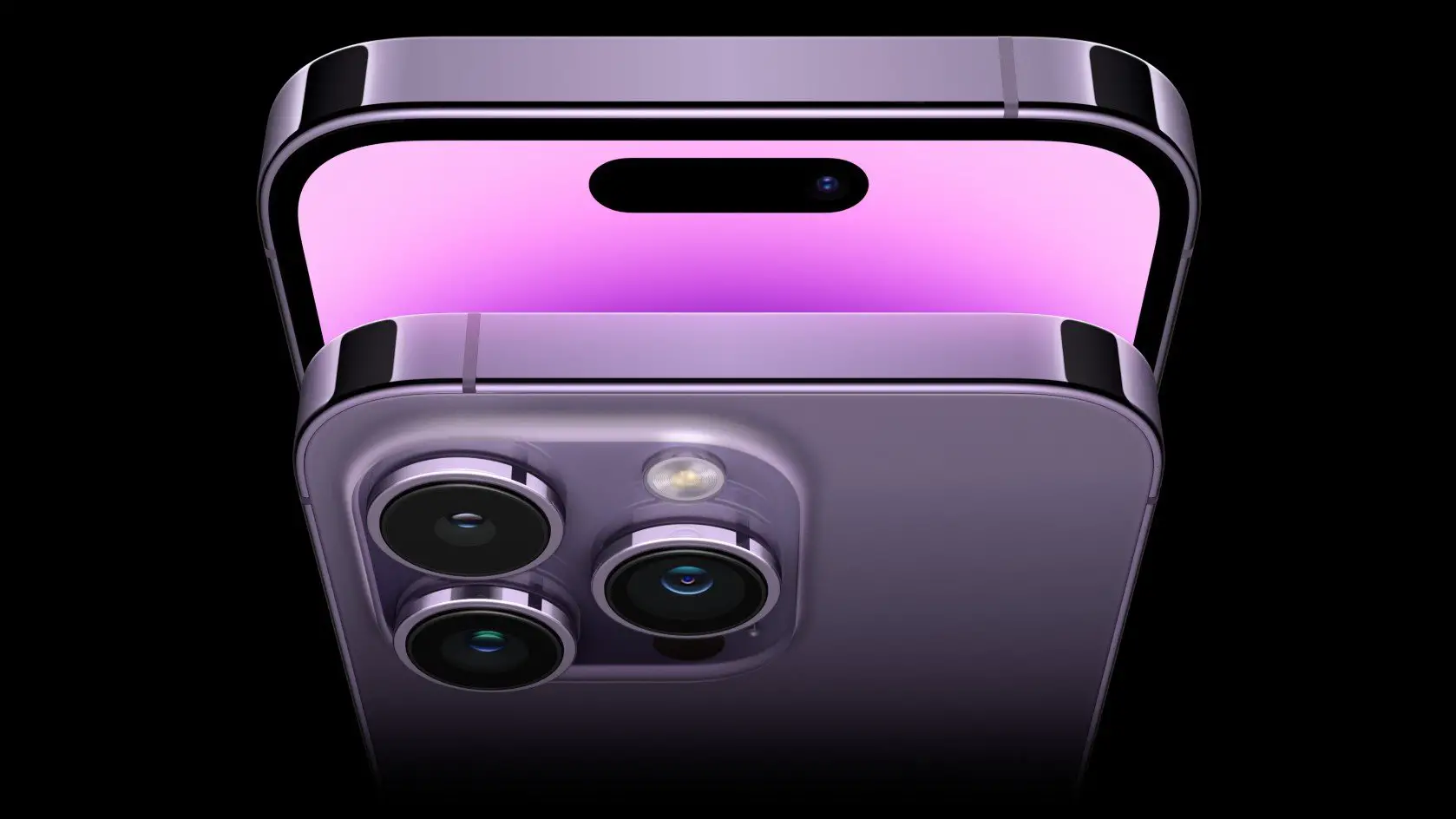
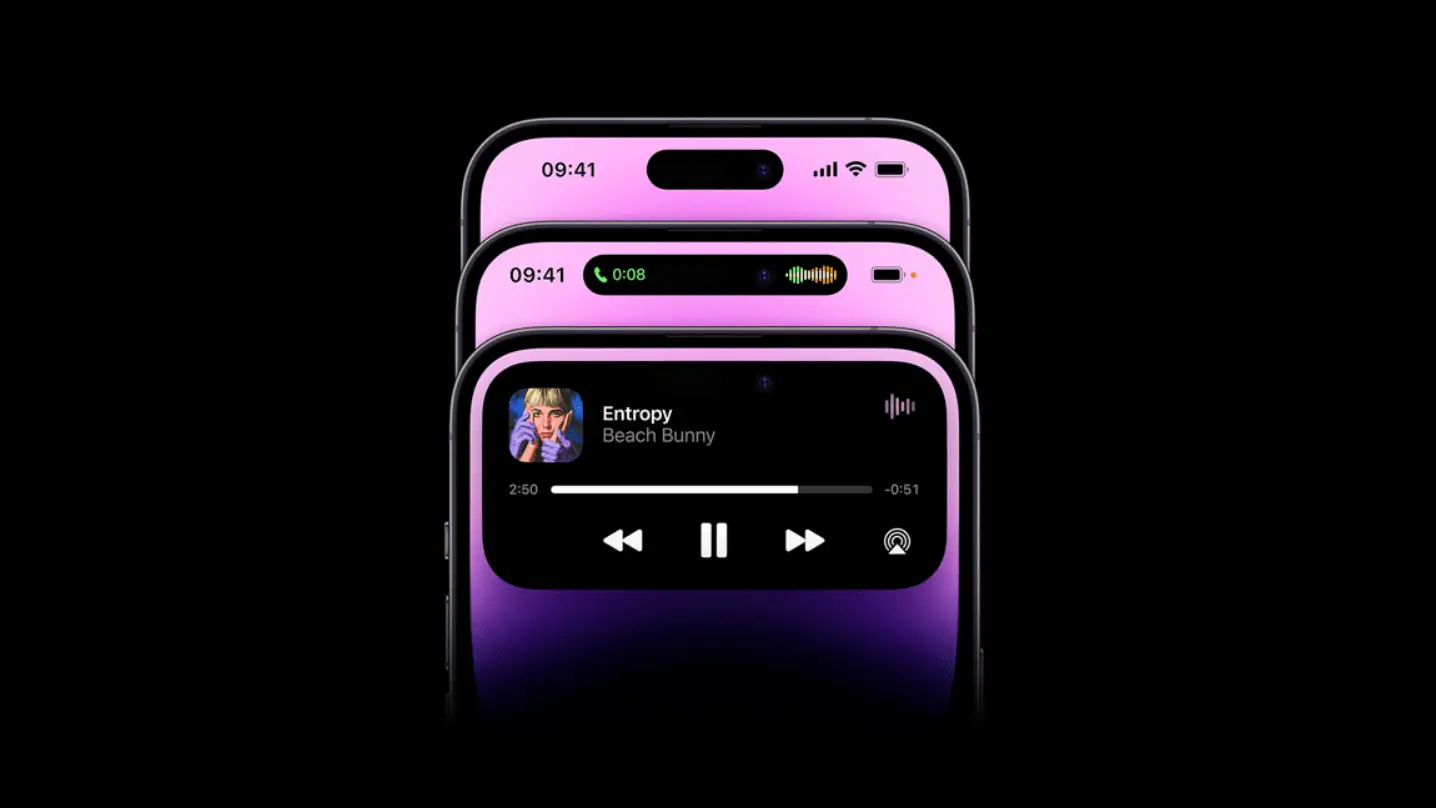

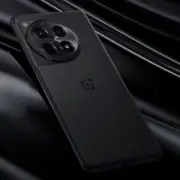


Comments